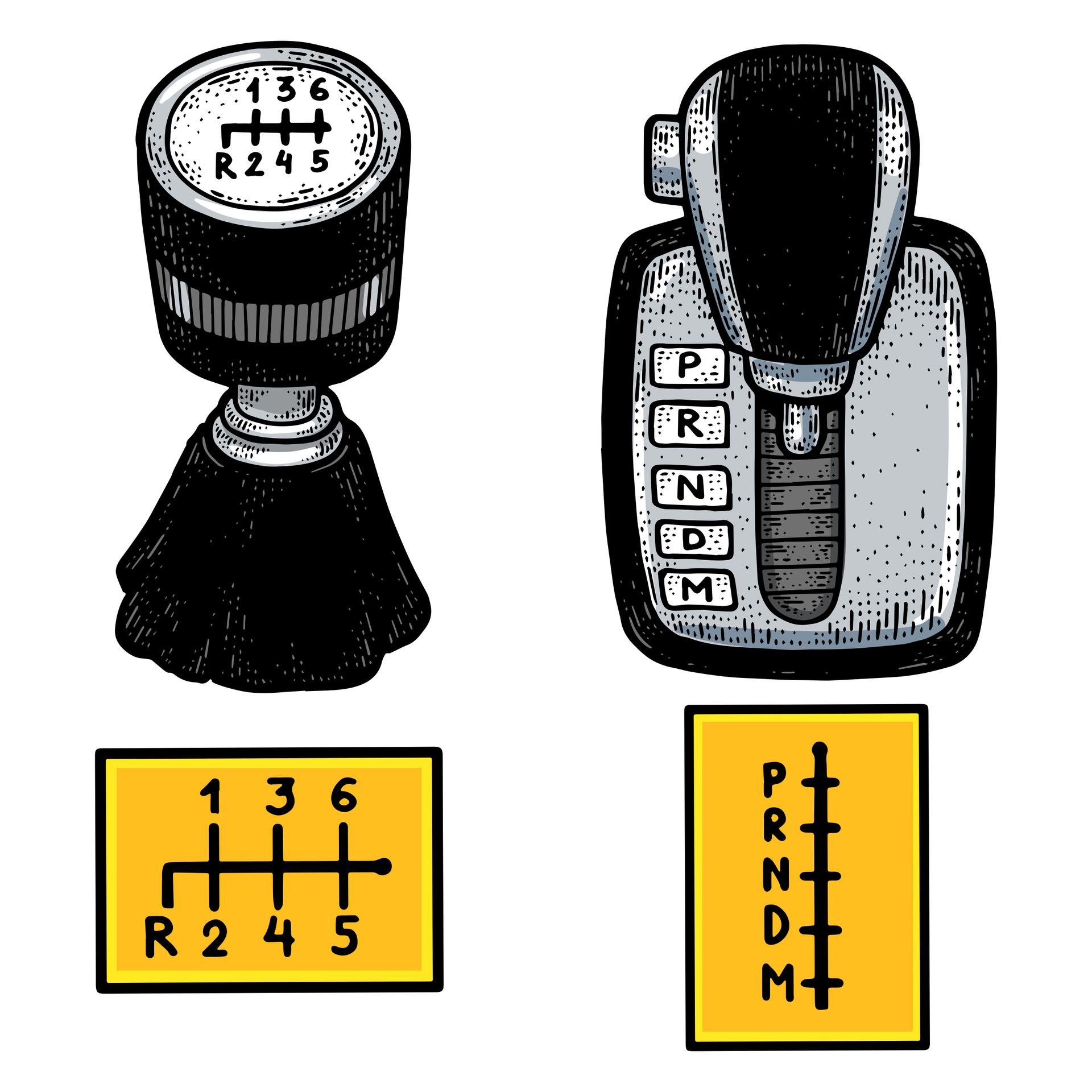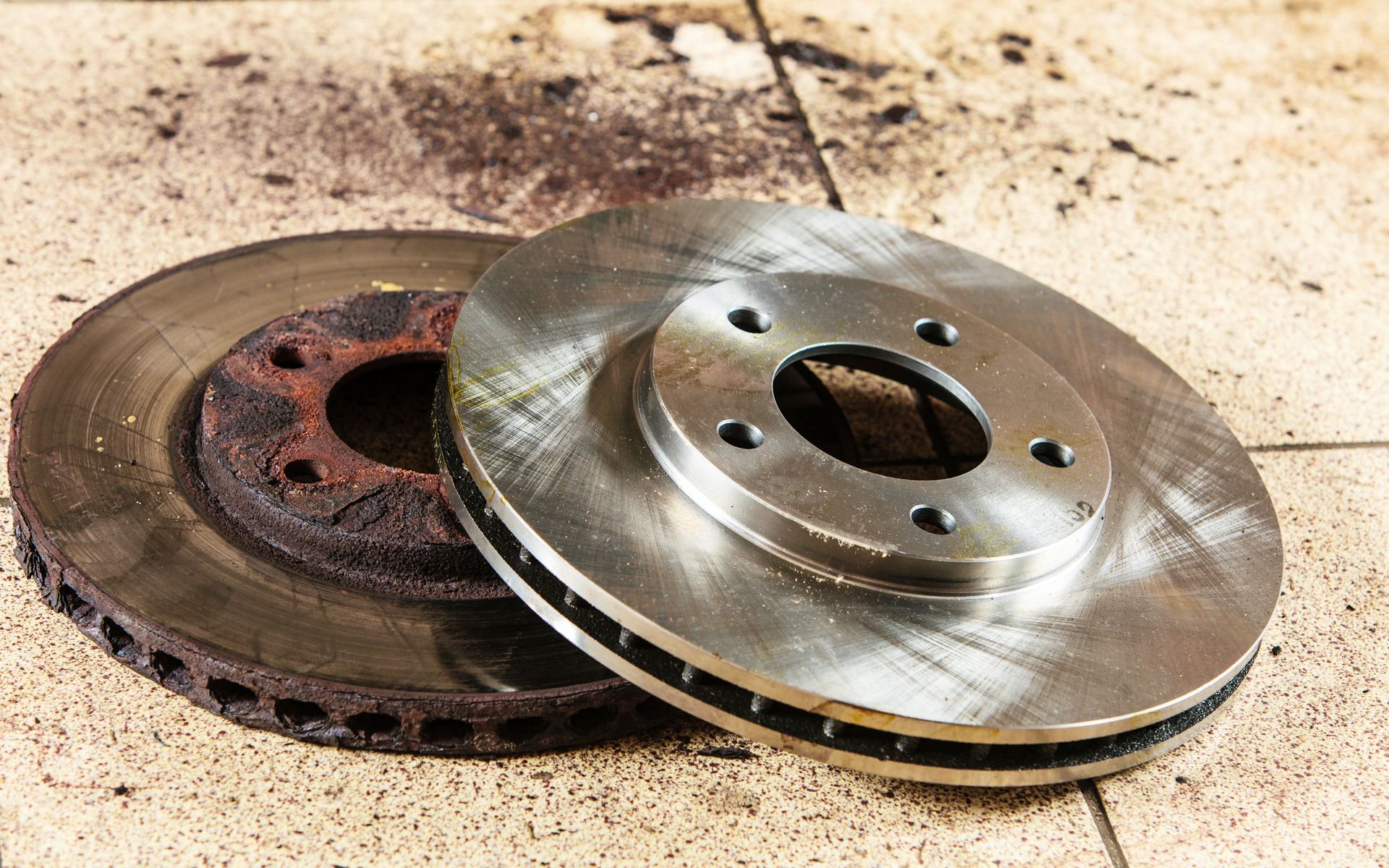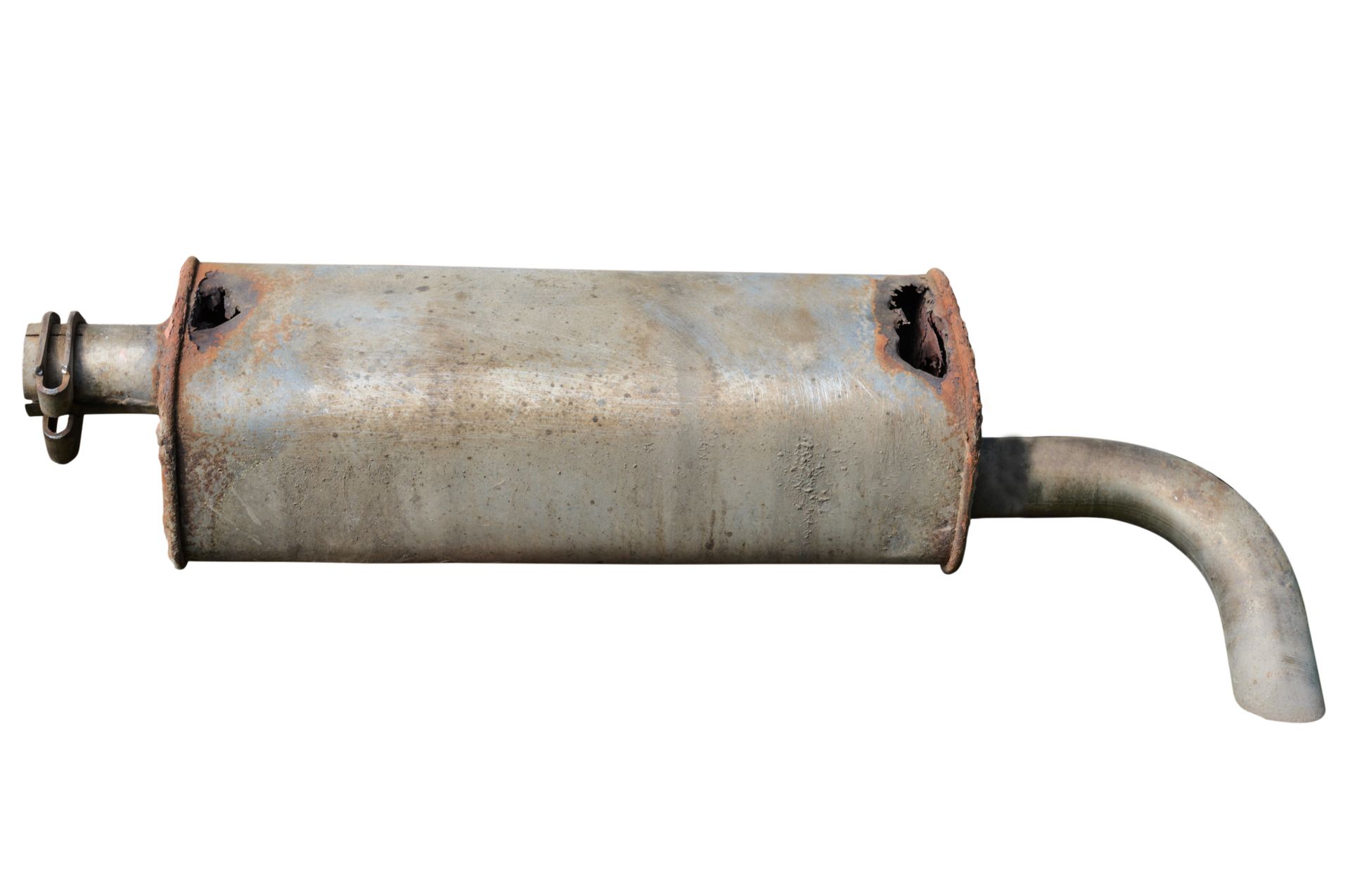A smooth, steady steering wheel is something most drivers take for granted. So when it begins to shake—whether at certain speeds, while braking, or during turns, it’s a clear signal that something isn’t right. However, it might seem like a minor inconvenience at first, but a vibrating steering wheel can point to underlying issues that affect your vehicle’s safety, comfort, and overall performance.
Understanding what causes this shake can help you identify the issue early and get it resolved before it turns into a bigger, more expensive problem.
Tire Issues Are the Most Common Cause
One of the leading causes of steering wheel vibration is a problem with the tires. If your tires are unbalanced, worn unevenly, or improperly inflated, they can cause the steering wheel to vibrate, especially at higher speeds. Sometimes, you might also notice a humming noise or wobble that accompanies the vibration.
In some cases, a damaged wheel or a tire with a shifted belt can also create a rhythmic shaking sensation. Tire rotation, balancing, or replacement may be needed, depending on the condition.
Brake Problems Can Trigger Vibration While Stopping
If your steering wheel shakes when you apply the brakes, there’s a good chance the issue lies with your brake rotors. Over time, rotors can become warped due to heat buildup from repeated hard braking. When the brake pads press against uneven surfaces, the vibration is transmitted through the steering wheel.
Other braking-related causes include worn calipers or pads that apply pressure unevenly, particularly on one side of the vehicle.
Suspension and Steering Components Wear Out, Too
As vehicles age, components like ball joints, tie rods, and control arm bushings start to wear. When they do, they can’t keep the wheels as firmly aligned or controlled, especially over rough roads. This looseness can result in a vibrating or “loose” feel in the steering wheel.
A worn suspension may not only cause a shake, but it can also lead to poor handling, faster tire wear, and even alignment issues.
Alignment and Balance Play a Role
Even if your tires are in good condition, poor wheel alignment can cause the steering wheel to shimmy at certain speeds or after hitting bumps. Misalignment may occur gradually from regular driving or suddenly from hitting a curb or pothole. When the wheels don’t point in the correct direction, the car fights against itself, creating vibration and pulling to one side.
Similarly, wheel imbalance, especially if weights fall off the rims, can throw off the motion of your tires and send that energy up through the steering column.
When Should You Get It Checked
Any persistent steering wheel shake should be taken seriously. If the vibration comes and goes or only occurs under specific conditions, such as braking or reaching highway speeds, it’s still worth checking. These are all signs your vehicle needs attention.
The longer you wait, the more likely it is that a small fix could turn into a more serious repair. For example, driving on unbalanced tires for an extended period can damage your suspension and reduce fuel efficiency.
Drive Smooth Again With Help From Grahams Auto & Truck Clinic in Cottage Grove and Madison, WI
You don’t have to live with a shaky steering wheel. Whether it’s tires, brakes, alignment, or suspension, our technicians can pinpoint the cause and get your car handling like it should. A quick inspection could save you from future problems and make your daily drive far more comfortable.
Call
Grahams Auto & Truck Clinic in Cottage Grove or Madison, WI, today to schedule your steering and suspension inspection.











